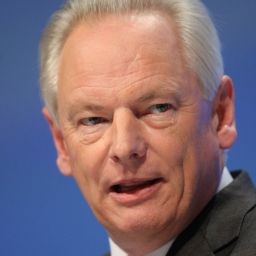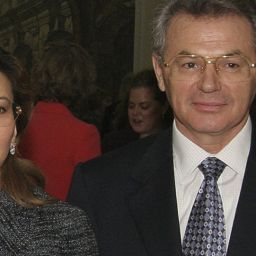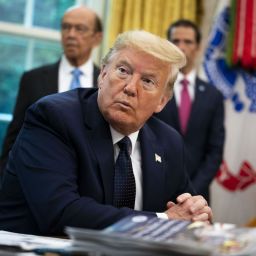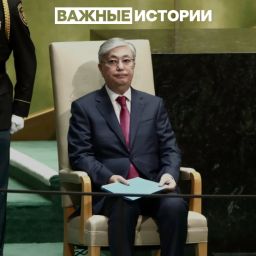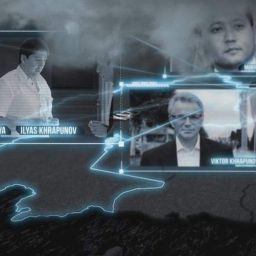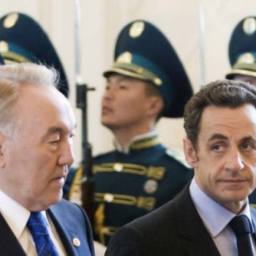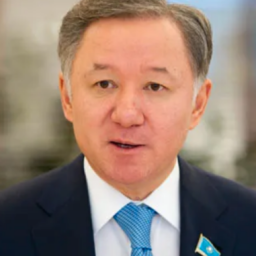Congressional Record Vol. 167, No. 79
(Extensions of Remarks — May 07, 2021)
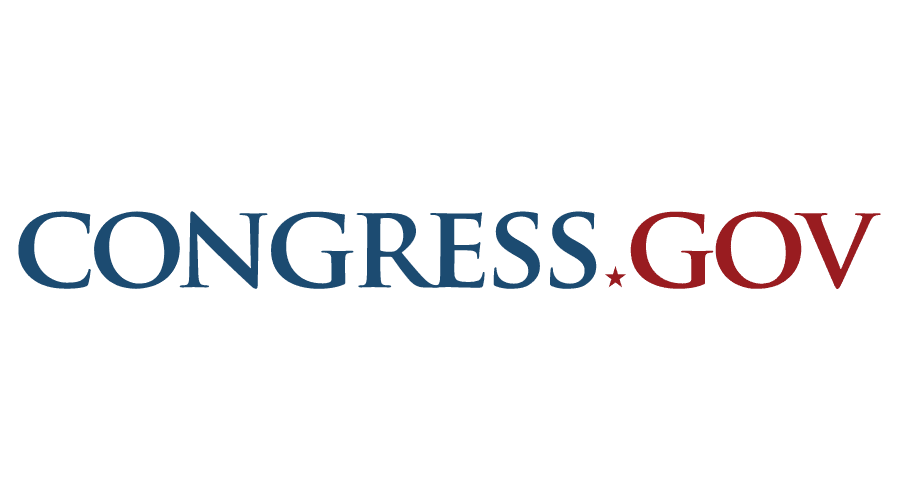
Mr. THOMPSON of Mississippi. Madam Speaker, I would like to take this opportunity today to recognize the importance of the bilateral relationship between the United States and Kazakhstan. Following the dissolution of the Soviet Union, the United States, on December 25, 1991, was the first country to recognize Kazakhstan's independence. Thereafter, the Clinton Administration facilitated the entry of Kazakh oil to the world market via the CPC export pipeline. American companies were the first to enter the Kazakh economy but were soon pushed aside from the most attractive projects, such as Chinese companies which have invariably won international tenders for privatized assets. I rise today to express my growing concern over an article published by author Tom Burgis. The article contains information surrounding leaked documents that indicate the former Kazakh president's son-in- law, Timur Kulibayev, designed a scheme that would result in him receiving tens of millions of dollars from contracts related to a multibillion-dollar gas pipeline between Central Asia and China. The Asia Gas Pipeline project was to accelerate a shift of economic power from the West to the East. Built jointly by Kazakhstan and China, these pipelines would stretch around 2000 miles and be funded by Chinese loans. ``The first two lines would cost $7.5bn, with a third to follow for some $3bn and a fourth after that.'' Author Tom Burgis states, ``Mr. Kulibayev, who has served on the Russian energy giant's board since 2011, is the son-in-law of the former Kazakh president and has wide-ranging business interests, from banking to mining and real estate. As one of the most powerful officials in the country, he oversaw the state companies that awarded contracts to build the pipelines across Kazakhstan. Emails sent between 2008 and 2014 and leaked by a whistleblower contain detailed descriptions of a set-up that it appears would allow Mr. Kulibayev to receive a share of the profits from pipeline contracts granted to ETK, a company owned by Russian businessman Alexander Karmanov.'' This is not Timur Kulibayev's first time coming to the attention of the West. In 2007, it was revealed that he was the mystery buyer of a multimillion-dollar Sunninghill Park estate that the Queen had given Prince Andrew as a wedding present. He also has faced money-laundering allegations in a Swiss case, which was eventually dropped. The United States currently spends about $115 million a year on global anti-corruption programs. Unfortunately, many of the funds we put toward anti-corruption efforts get trapped in multi-year technical programs that are unable to respond nimbly to sudden opportunities for governance reform. If the United States does intervene, authoritarian kleptocrats will gain ground. The United States needs to be proactive in developing strategic relationships and agile programs that will keep us relevant in moments of historic opportunity. Recently, U.S. Senator Ben Cardin (D-Md.) and Senator Roger Wicker (R-Miss.), incoming Chair of the U.S. Helsinki Commission and Co-Chair, respectively, introduced the Countering Russian and Other Overseas Kleptocracy (CROOK) Act to upgrade America's anti-corruption efforts by targeting kleptocracy at the source. The CROOK Act would create an anticorruption action fund to help activists leverage public sentiment to achieve lasting reform, without any additional cost to taxpayers. The fund would be financed through a $5 million surcharge on entities found liable for $50 million or more in criminal fines and penalties under the Foreign Corrupt Practices Act (FCPA). Based on data from the last 10 years, this bill would put an additional $16 million per year toward global anti-corruption work. Funds would continue to accrue until a historic window of opportunity opens, at which point funds would be rapidly deployed to help establish the rule of law. Fighting corruption is an imperative for the United States. As a beacon of liberty and the rule of law, it is our duty and the purest expression of our values. It is also a highly practical form of soft power that advances our national security. As Kazakhstan is aspiring to be a strategic partner of the United States, I call on my colleagues to join me in urging the Biden Administration to review this case of kleptocracy and corrupt officials from Kazakhstan and assure that it will be included in our Government's discussions regarding this important part of the world. From the Congressional Record Online through the Government Publishing Office [www.gpo.gov] HON. BENNIE G. THOMPSON of mississippi in the house of representatives PDF file

